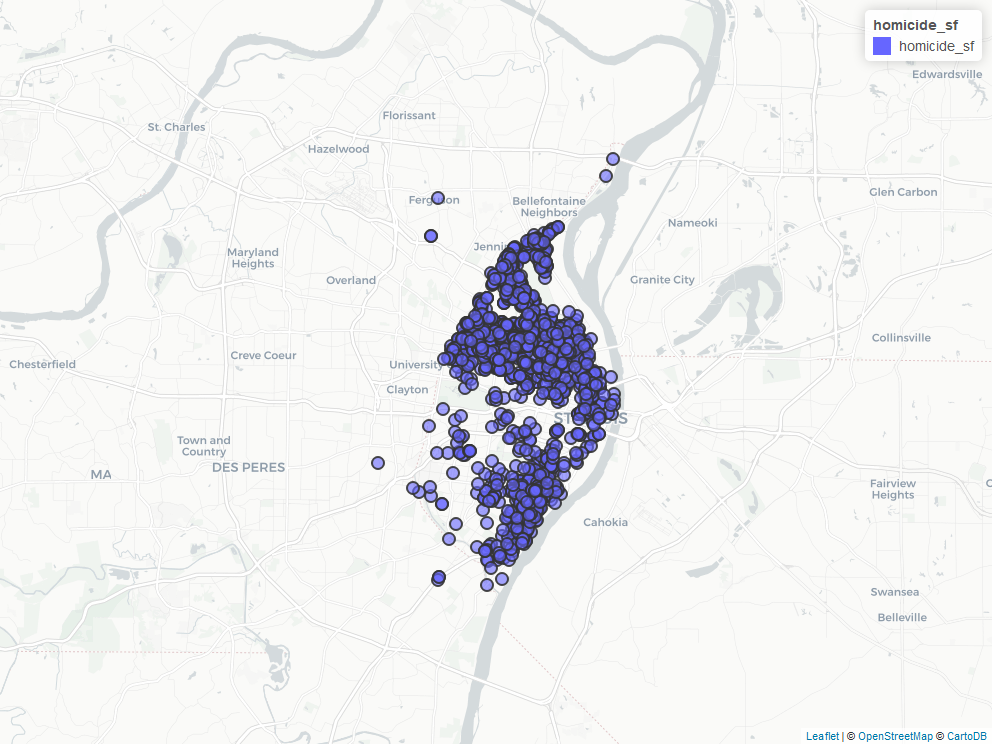The censusxy package is designed to provide easy access to the U.S.
Census Bureau Geocoding
Tools in R. censusxy
has also been developed specifically with large data sets in mind - only
unique addresses are passed to the API for geocoding. If a data set
exceeds 1,000 unique addresses, it will be automatically subset into
appropriately sized API calls, geocoded, and then put back together so
that a single object is returned. There is also support for parallel
processing on Non-Windows platforms.
- Full support for all Census Bureau Geographic Tools
- The syntax of
cxy_geocode()has changed slightly to facilitate new options - Non-Standard Evaluation (NSE) Has Been Removed
censusxynow only has 1 dependency- Parallel support added for Unix Platforms
The easiest way to get censusxy is to install it from CRAN:
install.packages("censusxy")Alternatively, the development version of censusxy can be accessed
from GitHub with remotes:
# install.packages("remotes")
remotes::install_github("slu-openGIS/censusxy")The censusxy package contains two data sets, stl_homicides (n =
1,812) and stl_homicides_small (n = 24), that can be used to
demonstrate the functionality of the package. The stl_homicides_small
data is included specifically for quick experimentation, as its small
sample size ensures an expedient response from the API.
To test censusxy’s functionality, load the package and either of the
sample data sets:
library(censusxy)
data <- stl_homicidesThere are two possible variable configurations (simple and full,
specified using the output argument), and two possible output class
types (dataframe and sf, specified using the class argument):
homicide_sf <- cxy_geocode(data, street = "street_address", city = "city", state = "state",
output = "simple", class = "sf")If you request an sf object, you easily preview the results with the
mapview package:
> mapview::mapview(homicide_sf)Please note that this project is released with a Contributor Code of Conduct. By participating in this project you agree to abide by its terms.


